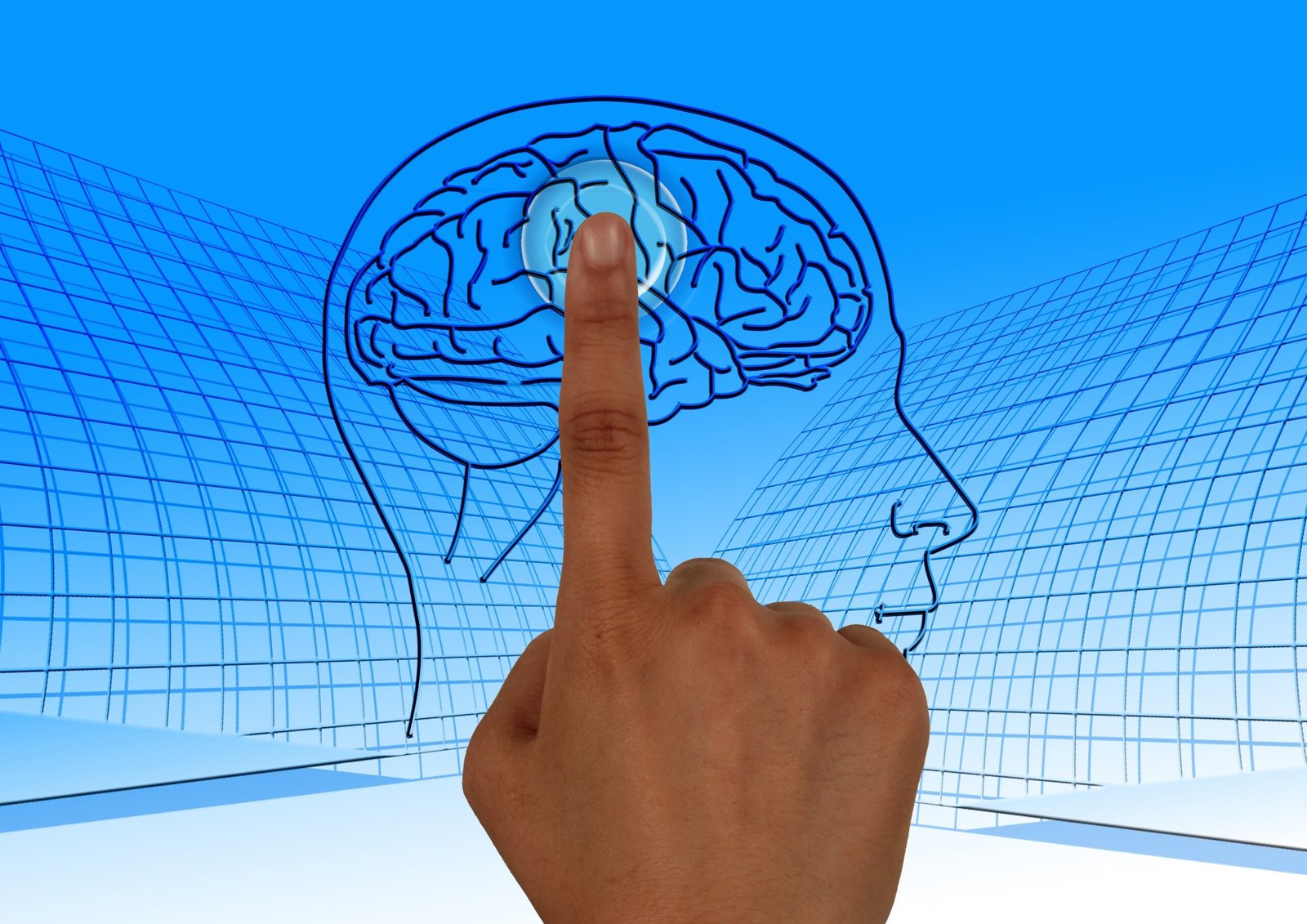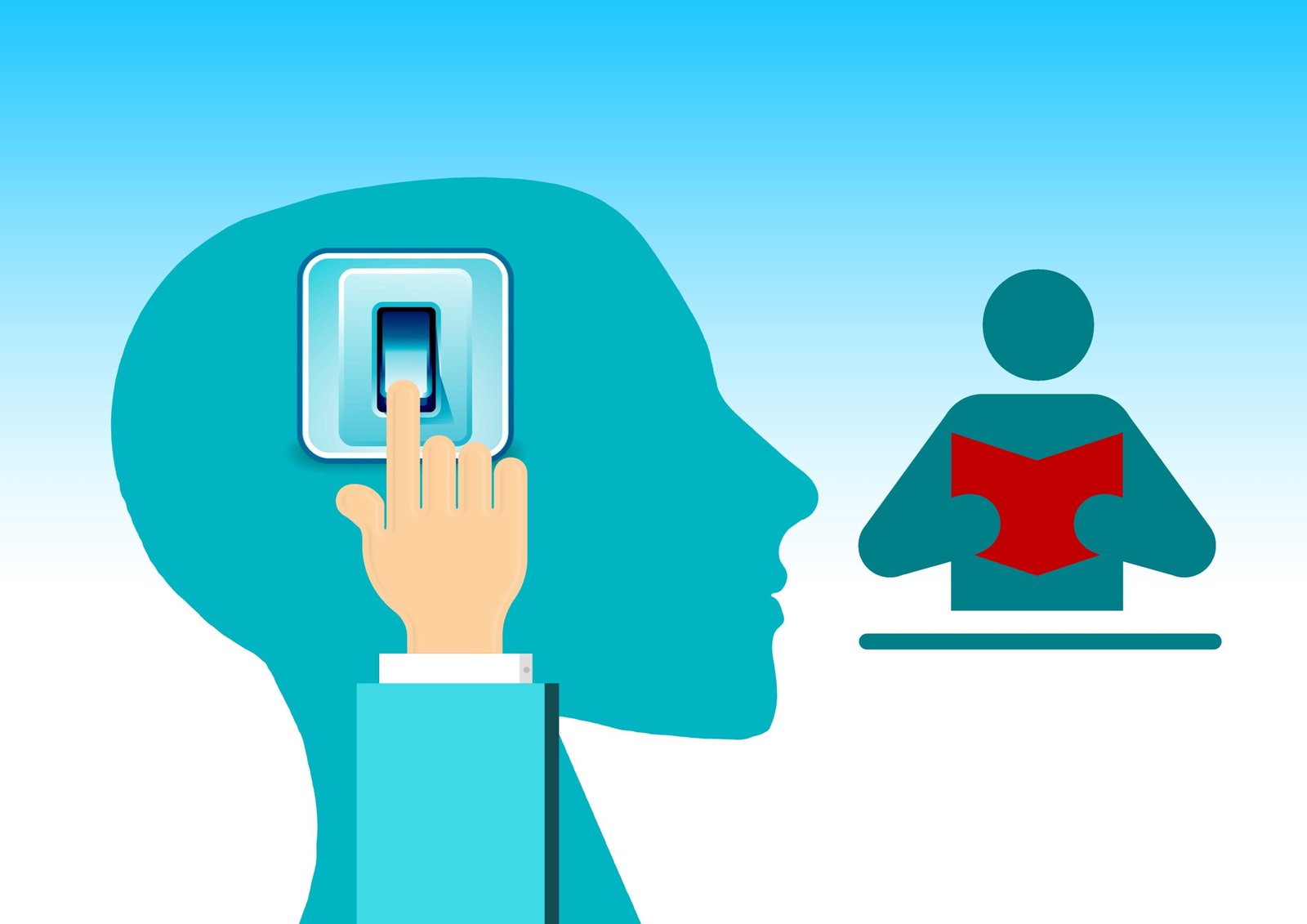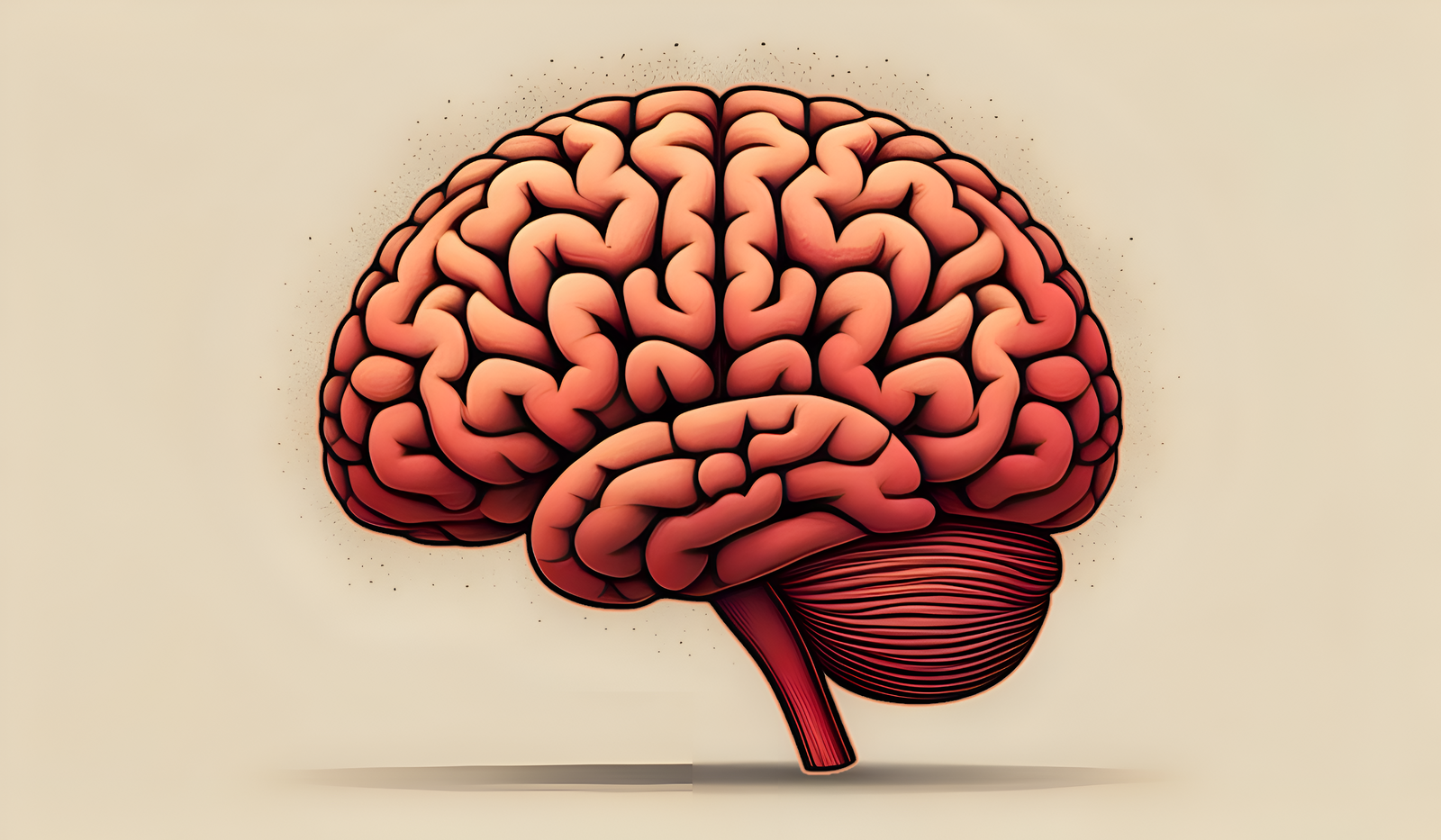Did you know your body has a second brain and it is in your gut? Discover how your digestive system thinks, feels, and affects your mood, memory, and mental health.
Your Body Has a ‘Second Brain’ And It is in a Surprising Place
Think your brain is the only one calling the shots?
Think again.
Buried deep within your abdomen lies an unexpected mastermind your gut. Scientists now call it the “second brain” because of how complex, independent, and shockingly powerful it is.
This isn’t just about digestion. Your gut can think, feel, and influence your emotions, immune system, and even memory.
Welcome to the world of the enteric nervous system (ENS) a neural network in your belly that is smarter than you think.
What Is the “Second Brain”?
Your enteric nervous system (ENS) is a vast network of over 100 million neurons embedded in the walls of your gastrointestinal tract. That is more than the spinal cord and enough to earn it the nickname “the second brain.”
This system:
Controls digestion independently of the brain
Sends signals to your central nervous system
Produces neurotransmitters like serotonin and dopamine
Can “learn” and respond to changes in your gut
It doesn’t make conscious decisions but it can sense, react, and influence much more than your bathroom schedule.
The Science Behind It
Researchers discovered that the gut’s nervous system can:
Operate without any input from the brain
React to emotions like stress, fear, and anxiety
Trigger physical responses like butterflies in your stomach or gut-wrenching pain
In fact, over 90% of the body’s serotonin the “feel-good” neurotransmitter is produced in the gut, not the brain.
Your mood is being made in your gut.
The Gut-Brain Connection: How They Talk
The gut-brain axis is the two-way communication system linking your gastrointestinal tract to your brain via:
The vagus nerve (think of it as a superhighway)
Chemical messengers like serotonin and cortisol
Your gut microbiome (the trillions of bacteria living in your intestines)
When your gut is upset, it sends stress signals to your brain. And when you are stressed? Your gut responds often with cramps, bloating, or even diarrhea.


How This Affects You Every Day
Your gut’s “second brain” doesn’t just digest it influences:
Mood & Mental Health
Poor gut health is linked to depression, anxiety, and even brain fog. Some researchers are exploring probiotics as antidepressants.
Food Cravings
Your gut bacteria can manipulate your brain into craving sugar, carbs, or fats literally influencing your willpower.
Sleep
Because the gut helps produce melatonin and serotonin, it plays a role in your sleep cycle and circadian rhythm.
Memory & Focus
Imbalanced gut bacteria are now being studied in connection with Alzheimer’s, autism, and cognitive decline.
Did You Know?
The gut has so many neurons, it can learn and remember certain reflexes without brain involvement
There is emerging evidence that the gut microbiome can influence your personality
Ancient medical systems like Ayurveda and Chinese medicine emphasized gut health thousands of years ago
So, How Do You Feed Your Second Brain?
Your gut thrives on the right fuel. Here is what to focus on:
Eat More:
Fiber-rich foods (beans, greens, oats)
Fermented foods (yogurt, kimchi, sauerkraut)
Prebiotics (garlic, onions, bananas)
Omega-3s (fish, flaxseed)
Avoid Excess:
Processed sugar
Artificial sweeteners
Alcohol
Antibiotics (unless prescribed)
Tip: What is good for your gut is often good for your brain.
The Takeaway
You are not just thinking with your head you are feeling, reacting, and responding with your gut.
The second brain may not write poetry or solve equations, but it plays a profound role in your:
Mood
Immunity
Mental clarity
Long-term health
Listen to your gut it is smarter than you think.














